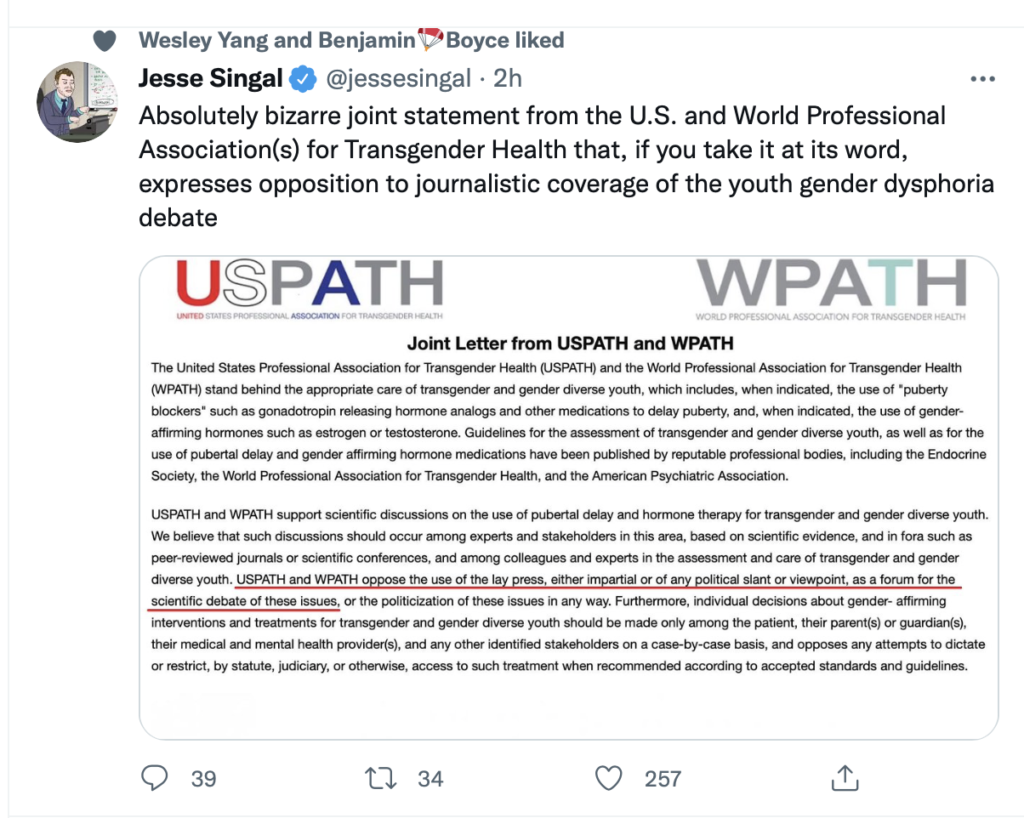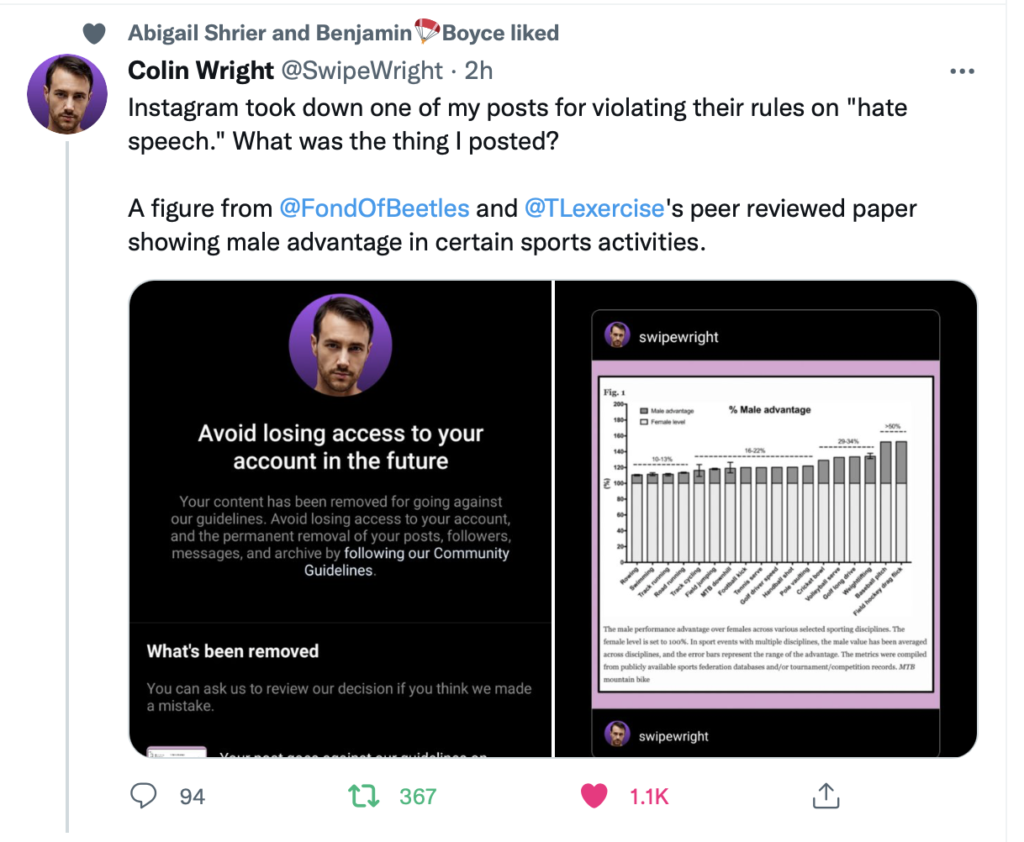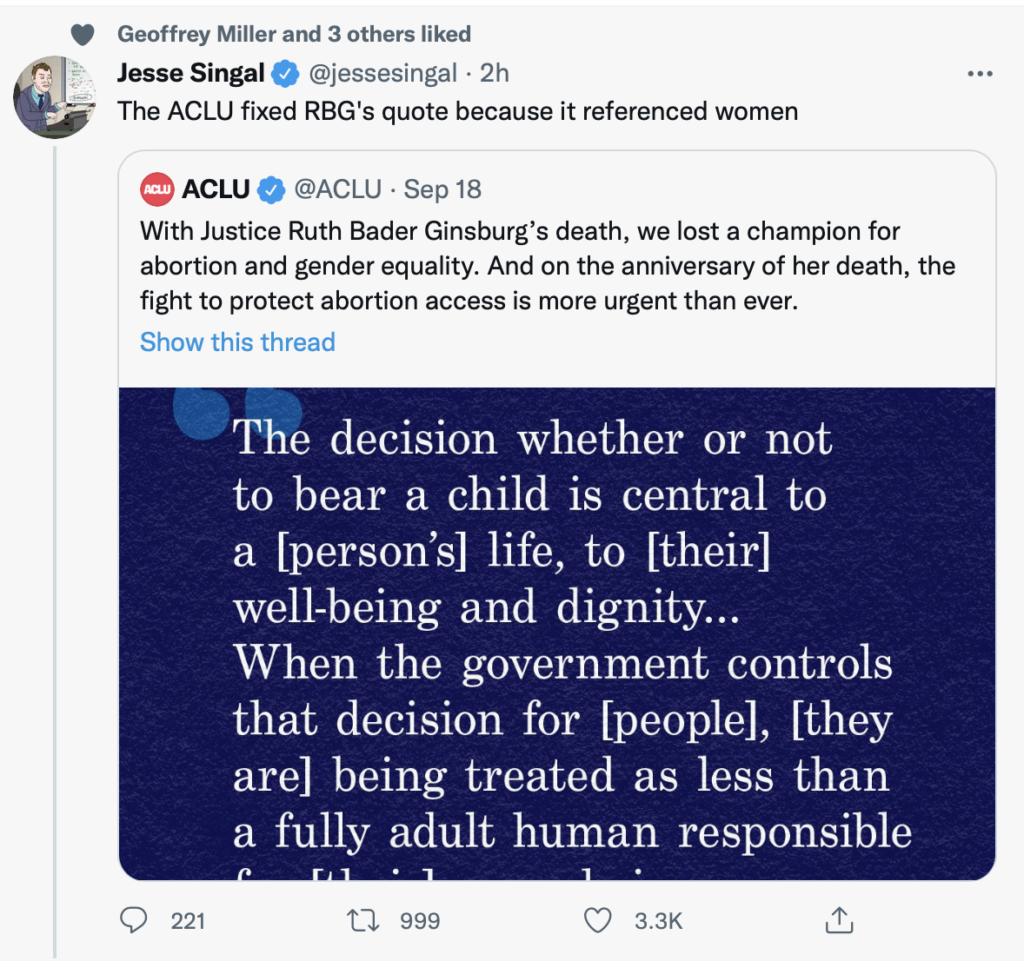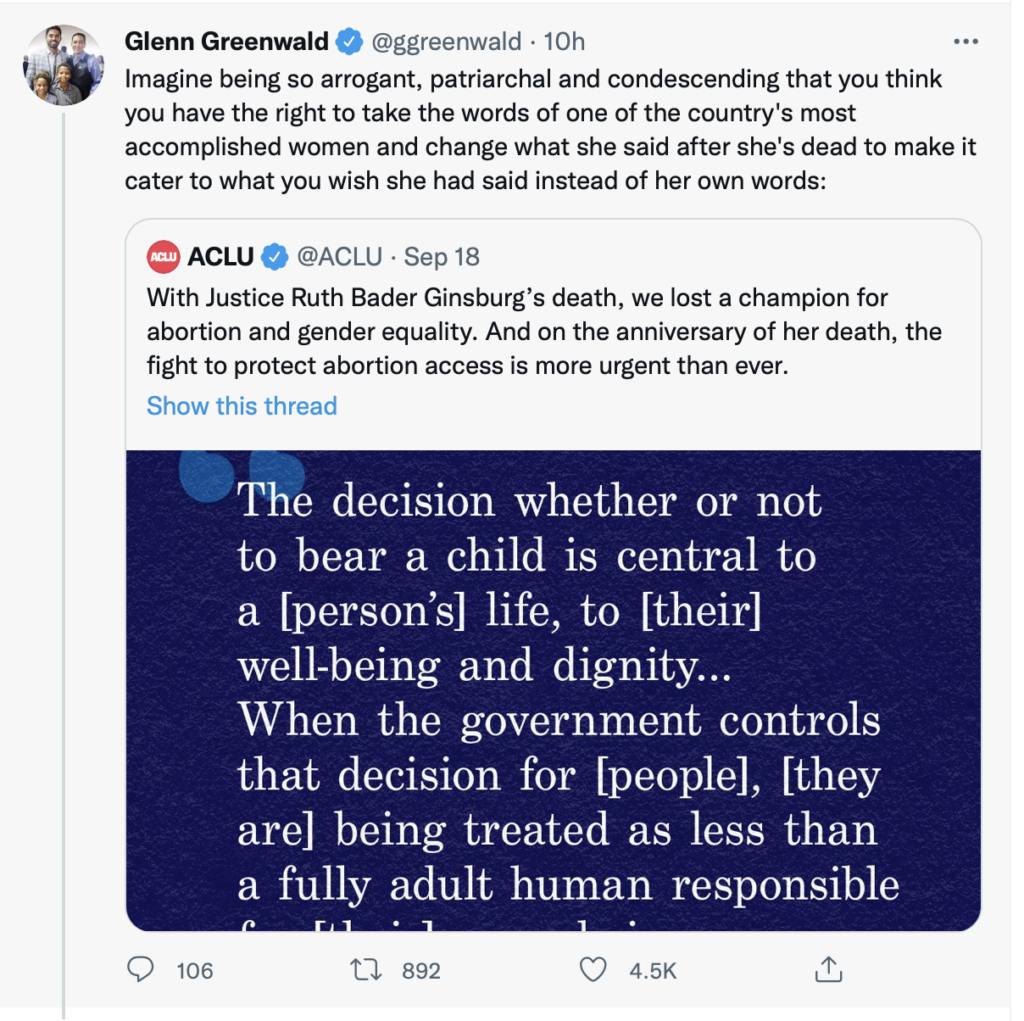Tourette Symptoms: Possibly a New Social Contagion
Are Tourette Symptoms a new form of social contagion? A new article from the Wall Street Journal intrigued me. The title: "Teen Girls Are Developing Tics. Doctors Say TikTok Could Be a Factor." Here are the opening paragraphs:
Teenage girls across the globe have been showing up at doctors’ offices with tics—physical jerking movements and verbal outbursts—since the start of the pandemic.Movement-disorder doctors were stumped at first. Girls with tics are rare, and these teens had an unusually high number of them, which had developed suddenly. After months of studying the patients and consulting with one another, experts at top pediatric hospitals in the U.S., Canada, Australia and the U.K. discovered that most of the girls had something in common: TikTok.
According to a spate of recent medical journal articles, doctors say the girls had been watching videos of TikTok influencers who said they had Tourette syndrome, a nervous-system disorder that causes people to make repetitive, involuntary movements or sounds.
No one has tracked these cases nationally, but pediatric movement-disorder centers across the U.S. are reporting an influx of teen girls with similar tics. Donald Gilbert, a neurologist at Cincinnati Children’s Hospital Medical Center who specializes in pediatric movement disorders and Tourette syndrome, has seen about 10 new teens with tics a month since March 2020. Before the pandemic, his clinic had seen at most one a month.
I'm intrigued for a couple reasons. Back in college I spent some timing hanging around with guy who was smart and funny. He was also a really good tennis player and he had an easy going confidence.I was a several years younger than he was and I was not feeling confident about who I was at age 17. He also had a tic. Occasionally, his head suddenly jerked while he talked. This happened every couple minutes. After a while, I noticed that I was starting to do that too. The fact that I started doing this seemed odd, because I didn't decide to do it. It just started happening. I consciously clamped down on that behavior and I stopped doing it a few after I noticed myself doing it.
I'm also interested in this article because of the social contagion angle related to the sudden spike in teenaged girls who claim they were born in the wrong bodies. I'm speaking of the transgender social contagion phenomenon discussed extensively by Abigail Shrier (and see here).





